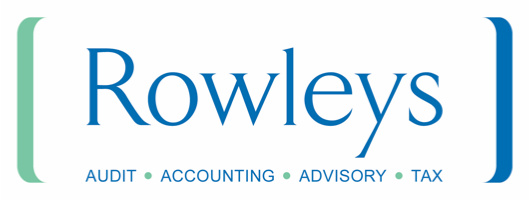News & Events
Navigating the defined benefit pension scheme buy-out landscape: Is a capacity crunch imminent?
30th August 2023
In the ever-evolving landscape of defined benefit (DB) pension schemes in the UK, trustees hold a pivotal role in safeguarding the financial security of their members. Recently, a question has emerged within the DB pension scheme arena: Is a capacity crunch for buy-outs already upon us? In this article, Rowleys Head of Pensions, Matt Hutchinson, explores buy-outs, the current situation and what the implications might be for trustees of DB pension schemes.
Understanding defined benefit scheme pension scheme buy-outs
Before we dive into the capacity crunch conundrum, let’s briefly recap what DB pension scheme buy-outs entail. A buy-out is essentially a process by which an insurance company takes over the responsibility for paying the pension benefits of a scheme’s members, relieving the pension scheme and its sponsoring employer of its pension obligations. This can provide financial security and peace of mind for both pension scheme members and the sponsoring employers.
For more details on pension scheme buy-outs and buy-ins, read our article: Pension scheme buy-ins and buy-outs: Understanding the basics.
The growing popularity of buy-outs
Buy-outs have gained traction in recent years, driven by various factors such as increased regulatory pressures, longevity risk, interest rates and the desire to de-risk pension scheme liabilities. Insurance companies, known as insurers or buyout providers, have been more active in this market, offering competitive solutions for pension schemes.
Impact on the sponsoring employer
Whilst a buy-out of a pension scheme helps crystalise the total cost of the scheme’s liability obligation, it can come with an additional upfront cost of extra employer contributions to the scheme. This may be a large amount and this would be reflected in the sponsoring employers accounts as a cost in the year the payment was made. In some cases, this can be greater than the profits in the year and result in a loss which reduces the overall reserves of the business.
From a tax point of view for a company, it should also be noted that if the additional pension contributions paid are in excess of £500,000 due and exceeds 210% of that paid in the prior accounting period then this would be classed as a substantial pension contribution. The tax relief for the contribution exceeding 210% of the prior accounting period will be restricted and the tax relief for this payment may be spread over a period of two to four years depending upon the value of the excess amount of the additional contributions.
Capacity crunch concerns
A recent article by The Pensions Expert suggests that a capacity crunch may be on the horizon for the DB pension scheme buy-out market. This means there may be more demand for buy-outs than the ability to supply them in a timely manner. Several factors contribute to this concern:
Market size – as DB schemes mature, there is a surge in demand for buy-outs, which is placing substantial pressure on the market’s capacity. The sheer volume of schemes seeking buyouts is becoming a challenge.
Insurer resources – the insurers that provide buy-out solutions have finite resources, including capital and staff. As the demand for buy-outs increases, it’s possible that these insurers may struggle to keep up with the pace.
Regulatory requirements – regulatory bodies, such as the Pensions Regulator, play a pivotal role in ensuring the safety and fairness of pension scheme buy-outs. Their involvement can add complexity and time to the buy-out process.
What does this mean for trustees?
With more schemes looking to satisfy their obligations through buyouts, schemes are likely to face increased scrutiny. Ensuring the accuracy and completeness of financial statements and disclosures will be paramount.
If you are considering a buy-out it is important to consider the risks, including the financial stability of insurers and the impact of regulatory changes.
Conclusion
The potential for a capacity crunch in the DB pension scheme buy-out market is an issue that trustees need to be aware of. If considering a buy-out it’s important to evaluate the pros and cons and seek professional advice.
The Rowleys pensions team are pension audit experts. We work with a large number of pension schemes, taking a balanced, risk-based approach to audit. If you’d like to discuss your pension scheme accounts and audit requirements, then please get in touch.
